Date: 4 August 2015
Their views are even more compelling because they are based on direct, multi-year experience in those matured markets.The first semester of international market activities was positive for our sector and though not yet quantified by statistical data, the results can already be ascertained based on the level of satisfaction reported by operators.
A very significant comparison can in fact be drawn by those who attended the three most important international expos of the year, Glasspex India, China Glass and Mir Stekla. Three direct reports from three key business areas, which assume an immediately recognizable meaning through the protagonists' words.

Let's start with Glasspex India, held in Mumbai this past March 13-15. India has now established itself as the emerging country with the highest growth rate, with an estimated annual GDP of 7.5% compared to China’s 7%. But its actual development scope is yet to be explored, and leading international investors know it. During his European trip of last spring, right after Glasspex, prime minister Narenda Modi explicitly invited European companies to make investments in India, and among other things, promised to establish a tax regime that favors investments by being "predictable, stable and competitive" in the near future.
A positive picture also confirmed by Alessandro Crescentini, Spare Parts Manager of Ocmi-Otg, which owns a large production plant near Mumbai (Ocmi India), after his experience at Glasspex with specific regard to the future outlook: “The response to our pharmaceutical glass tube forming machinery was great. We presented a few brand-new products and captured a lot of interest, but we still have a long way to go. India has huge infrastructural problems and is just starting to develop an entrepreneurial mentality. We do however believe that great opportunities will arise as of next year".

China has notoriously slowed down, but now stands next to the United States as a global economic leader. The forecast published at the beginning of the year has been confirmed thus far, and all international investors consider China a primary target for 2015. The domestic market is increasingly open to savers and even international funds, and the flow of foreign capital is rising. The economic stability of China also handsomely rewards Italian companies within its territory for their ever-growing commitment in terms of products and related services. In fact, after attending China Glass, Stefano Pozzi, General Manager of Fenzi China, stated: "Our location allows us to operate within an ideal range, which stretches from China to South-Eastern Asia, where glass-works operators truly appreciate the quality and characteristics of our products. But in China we have to be increasingly competitive on all fronts. We must offer products of extremely high quality, and most importantly, of consistently reliable quality". A common characteristic of all major Italian companies in the glass sector, who find they can make excellent deals in that market.

In Russia, issues of geopolitical nature are negatively affecting the economy. The Ukrainian crisis, the collapse of the ruble, declining crude oil and gas stock exchange prices as well as the sanctions imposed by the European Union have caused imports and exports to and from Russia to drop drastically across all market sectors, from clothing and food to machinery. It should suffice to know that trade between Italy and Russia dropped by 32% in the first two months of this year alone. Hence the great market that staged many astounding business success stories for the entire European community is now sorely struggling. Nonetheless, the mid-June appointment with Mir Stekla generated positive signs for the glass sector: “The expo went very well, attendance was satisfactory and the machines attracted a lot of interest – says Christian Leschiutta, Sales Director of Intermac and Diamut – Overall business is good, driven by the entire macro area, especially Kazakhstan and Uzbekistan. The important thing is being able to rely on a multi-branch distribution and assistance network like ours, even though Moscow remains our main center of operations. Credit is still a big problem. Financing difficulties persist and severely limit the companies' choices. But the crux of the problem and its natural underlying cause is the dire political situation, which hinders economic growth".

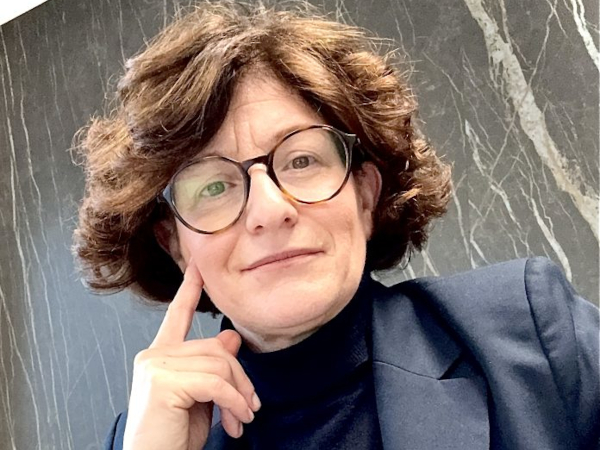
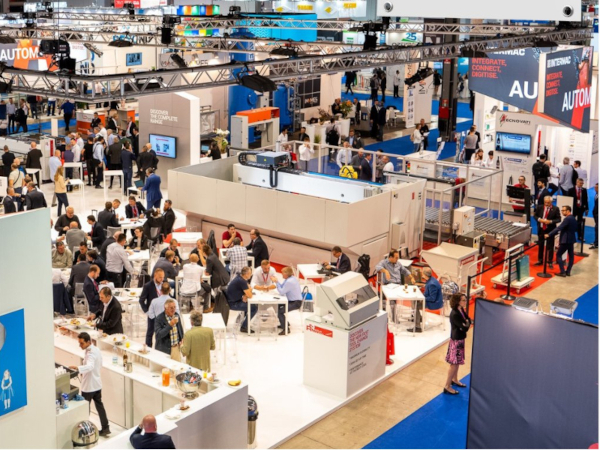
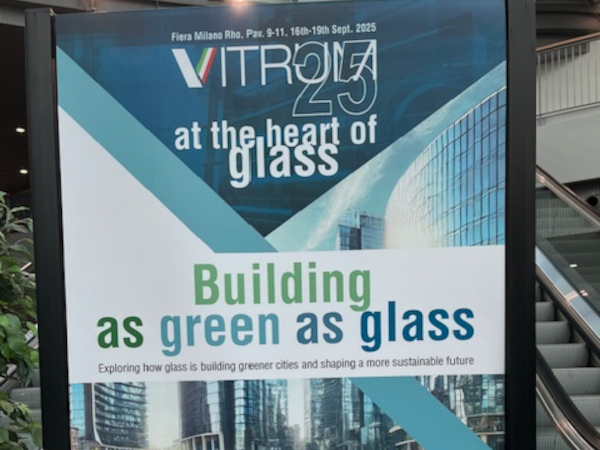

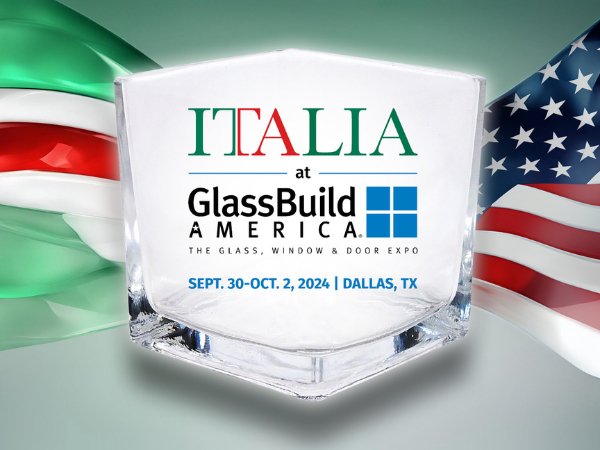
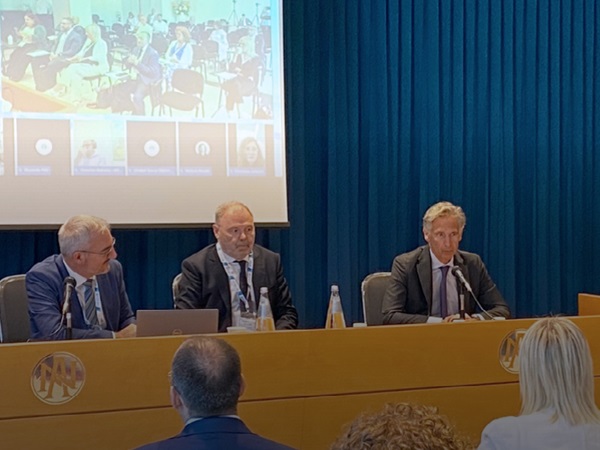


Add new comment